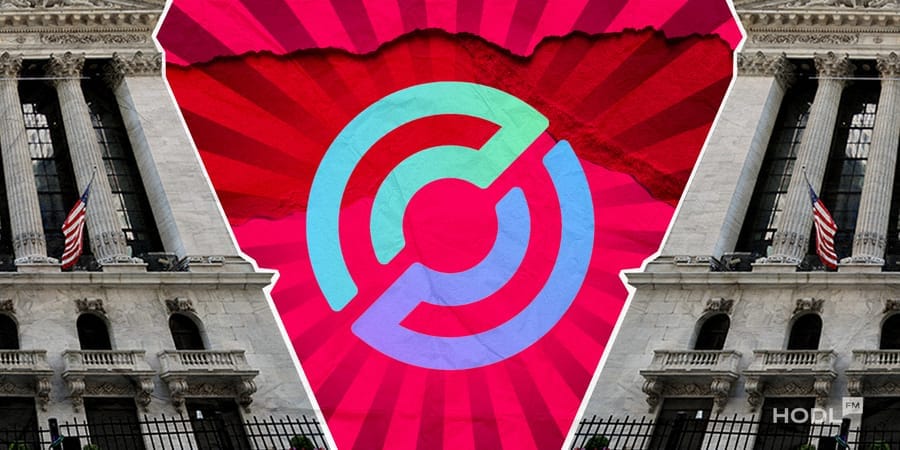Layer‑1 blockchain Sui has announced a partnership with t’order, one of South Korea’s largest table and point‑of‑sale ordering platforms, to introduce a Korean won‑pegged stablecoin into everyday commerce.
The plans were detailed in a Sept. 24 blog post by the Sui Foundation. The companies said the collaboration will use QR code payment tools and facial recognition systems across t’order’s nationwide network of more than 300,000 devices, covering thousands of restaurants and retailers.
Stablecoins in everyday commerce
T’order processes more than $4.3 billion annually in transactions. The company has positioned itself as an advocate for low‑fee payment solutions for small businesses. By replacing average card fees of roughly 2.5% with blockchain settlement, the company estimates merchants could collectively save around KRW 150 billion ($100 million) each year.
“Our partnership with Sui is the next step in that vision, leveraging our nationwide deployment capabilities and infrastructure to create a new payment and settlement model designed for small businesses,” a t’order spokesperson said.
The new infrastructure will run on a won‑pegged stablecoin deployed on Sui, though details regarding the issuer and launch date have not yet been disclosed. User payments and loyalty data will be handled by Walrus, a decentralized storage protocol on the Sui blockchain.
Integration with advanced technologies
The rollout is expected to include real‑time QR transactions and the company’s “Face Pay” biometric system. This combination, according to the announcement, aims to streamline the customer experience by cutting settlement times and reducing merchant costs.
Christian Thompson, Managing Director of the Sui Foundation, said the project will address a significant commercial sector:
“Once live, this deployment taps into a Korea food service market opportunity exceeding 190 trillion KRW and will improve the consumer experience for millions.”
Regulatory and market context in Korea
South Korea has recently shown heightened interest in developing domestic stablecoins to reduce reliance on dollar‑pegged issuers such as USDT and USDC. Earlier this year, a won‑backed token known as KRW1 launched on the Avalanche blockchain. Regulators are also drafting a framework expected in October that will define collateral requirements, issuer oversight, and transparency standards for stablecoin operators.
This regulatory push, combined with t’order’s nationwide footprint, could make the partnership one of the first large‑scale tests of using a blockchain‑based stablecoin within mainstream retail transactions.
Market response
Following the announcement, SUI, the network’s native token, extended its recent decline, trading down another 3.4% over the past 24 hours. The token has been on a downward trend since Sept. 18.
Final note
If fully implemented, the partnership between Sui and t’order could play a major role in South Korea’s push toward localized digital payments. By pairing blockchain settlement with existing merchant infrastructure, the initiative creates a path for stablecoins to move from niche finance into daily consumer transactions.

Disclaimer: All materials on this site are for informational purposes only. None of the material should be interpreted as investment advice. Please note that despite the nature of much of the material created and hosted on this website, HODL FM is not a financial reference resource, and the opinions of authors and other contributors are their own and should not be taken as financial advice. If you require advice. HODL FM strongly recommends contacting a qualified industry professional.





